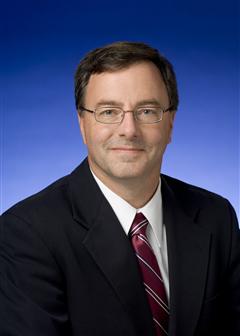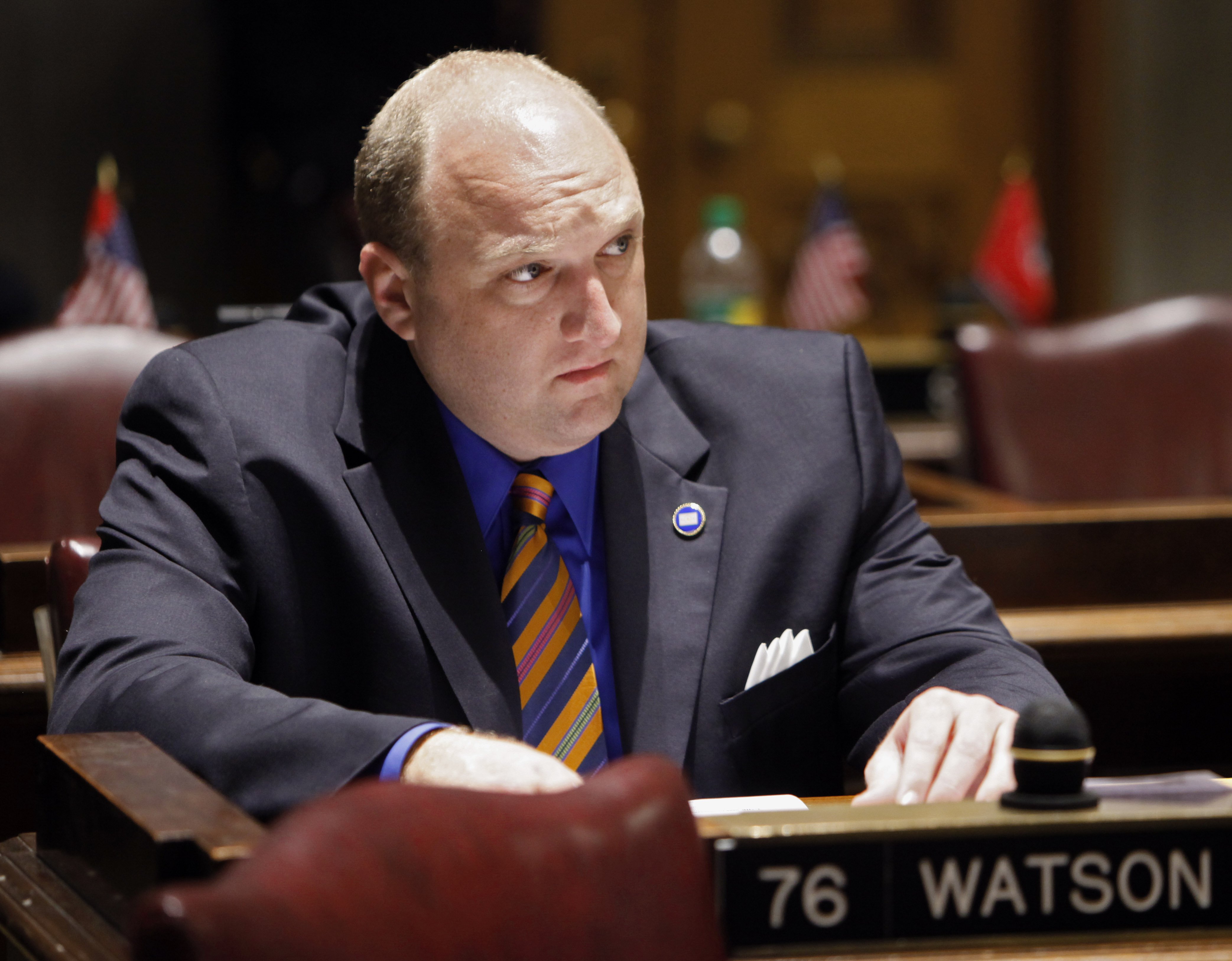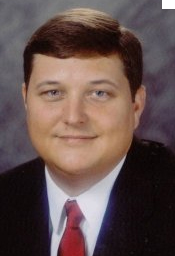None
For today, see Drug agents brought in millionsOther articles in this series:Sunday:Records show history of impropriety in 10th Judicial DistrictA litany of casesTruth, rights suffer in 10th District, defense attorneysMondaySome are held to account, but many go free, case files showMost officers in trouble weren't charged despite evidenceTuesdayFired officers seek justiceGrand jurors claim improper influence in McMinn caseWednesday$100,000 for travel tops DTF spendingSome DA practices run afoul of state rulesThursdayPharmacist says traffic stop was drug task force retaliationQuestions swirled around drug chiefFridayDrug agents brought in millions
Two area state lawmakers working to put the reins on Tennessee's judicial drug task forces say this week's Times Free Press series about the 10th Judicial District adds impetus to the effort.
"Everybody's watching" the newspaper's series, said state Rep. Eric Watson, R-Cleveland, who is chairman of the House Judiciary Committee.
The series investigated allegations of unchecked spending, lack of oversight and prosecutorial misconduct in the 10th District counties of Bradley, McMinn, Monroe and Polk.
These charges and allegations raised in other districts across Tennessee in the last two years "make legislators fell like more oversight should be needed of drug task forces." Watson said.
State Sen. Mike Bell, R-Riceville, who sponsored DTF-related legislation in the last session with state Rep. Vance Dennis, R-Savannah, said the same.
Bell and Dennis both serve in districts where judicial drug task forces were involved in scandals based on fiscal 2010 audits.
Judicial and political district lines don't necessarily align - Bell is senator for the 9th District, though the drug task force in his area is the 10th. Dennis is representative from District 71, but the drug task force is the 24th.
In Dennis' district, former drug task force director Steven Lee has been named in two indictments charging him with theft over $10,000, official misconduct and lying to a state auditor. The task force's former administrative assistant, Leona Longworth, has been charged with theft and lying to a state auditor.
Dennis, a lawyer in criminal practice, said the audit findings spurred him to offer his bill.
"There were two underlying reasons for the legislation: The fact of what went on in my own district - we had a director and one or two employees who ended up basically stealing property. I felt that was indicative of a lack of oversight," he said.
"Plus there was the appearance of an abusive system of civil forfeiture."
Bell said he's concerned that the drug task forces have morphed from their original concept.
They were set up as multijurisdictional agencies whose members were officers assigned by local police chiefs and sheriffs, and they operated under interlocal agreements setting out their powers and authority. The chiefs and sheriffs served on a board of directors and the local district attorney was chairman.
Some still follow that pattern but others, including the 10th, hire their own agents and have no members from local law enforcement.
Bell said that lessens oversight.
"The genesis of the legislation I brought for this year along with Rep. Dennis came from not just one person, but a number of people, telling me the drug task force units have left the mission that they were originally created for and have become almost like private law enforcement for the DAs," Bell said.
In a July interview, 10th Judicial District Attorney General Steve Bebb disputed that characterization.
"One of the things the legislature said in hearings on this was the DA don't need his own police force. I said I don't have my own police force. I don't tell them [the drug task force] what to do."
Bell's and Dennis' bill would have taken away the money incentive by turning over proceeds of fines and forfeitures to state government, which would then distribute it to law enforcement. Needless to say, that rankled the drug task forces and their directors, the district attorneys.
James "Wally" Kirby, executive director of the Tennessee District Attorneys General Conference, told Channel 5 in Nashville that the bill would "essentially do away with the drug task forces and drug enforcement on that level in this state."
Several ideas were tossed around, including putting the task forces under the Tennessee Bureau of Investigation. Bell likes the idea of funding drug courts, "one program that's working," from DTF proceeds.
He, Dennis and Watson talked it over with the DAs, law enforcement and others and decided on a ground-up study of the task forces' organization, funding and control. All three hope to be on the study committee that will start meeting after the November election and make recommendations in the next legislative session.
Watson said that the district attorneys and DTFs themselves also have set out to create best practices and procedures.
"It's always better for them to form it themselves than having it imposed by the Legislature," he said.
Dennis said the task force "can serve a very valuable purpose" for small departments without the resources to battle drugs.
But he said "we've got some real problems with civil forfeiture" and how the task forces operate.
"We need to figure out how best to operate so that every district that wants [a drug task force] will have one that's an effective tool for law enforcement and that's not abusive to the citizens of our state."
Contact staff writer Judy Walton at jwalton@timesfreepress.com or 413-757-6416.
Subscribe to Judy on Facebook at Facebook.com/JudyCTFP



